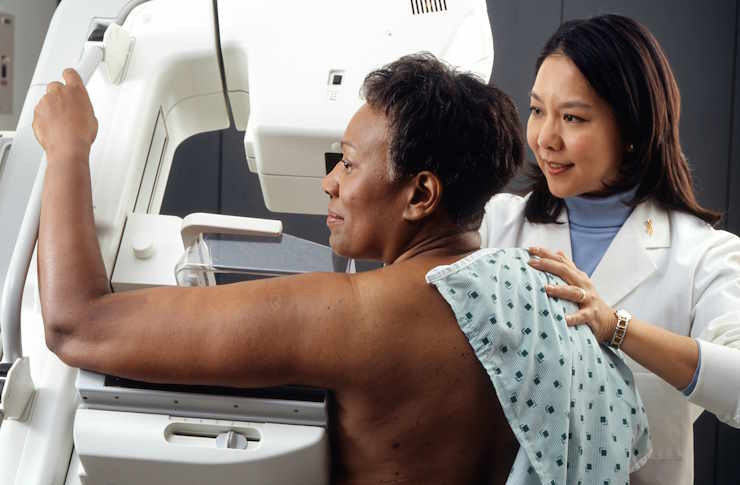5 Symptoms of Colon Cancer You need To know
Colon cancer is among the most common and treatable forms of cancer when detected early. Understanding the warning signs can literally save lives, as early detection significantly improves treatment outcomes. While not every symptom necessarily indicates cancer, being aware of these five key warning signs can help you make informed decisions about when to seek medical attention.

Changes in Bowel Habits
One of the earliest and most noticeable symptoms of colon cancer is a persistent change in bowel habits. This may include alternating between diarrhea and constipation, changes in stool consistency, or narrowing of stools that lasts for more than a few weeks. Pay particular attention if these changes occur without any obvious dietary or lifestyle modifications.
Unexplained Weight Loss and Fatigue
Sudden, unexplained weight loss coupled with persistent fatigue can be a warning sign of colon cancer. When cancer cells compete with healthy cells for nutrients, they can cause the body to burn more energy and lead to unexpected weight loss. If you experience a loss of 10 pounds or more without trying, along with unusual tiredness, consult your healthcare provider.
Rectal Bleeding or Blood in Stool
Blood in the stool or rectal bleeding is never normal and should always be evaluated by a medical professional. While this symptom can be caused by hemorrhoids or anal fissures, it’s essential to rule out more serious conditions like colon cancer. The blood may appear bright red or very dark, and sometimes it might make stools look black or tar-like.
Persistent Abdominal Discomfort
Abdominal pain, cramps, gas, or other digestive discomforts that last more than a few days could indicate colon cancer. Pay attention to feelings of fullness, bloating, or persistent abdominal pain that doesn’t seem to have a clear cause. These symptoms may be accompanied by a sensation that the bowel doesn’t empty completely during bowel movements.
Unexplained Anemia
Iron-deficiency anemia, particularly in men or postmenopausal women, can be a sign of colon cancer. The cancer may cause slow, chronic blood loss that isn’t visible to the naked eye but can lead to anemia. Symptoms of anemia include weakness, fatigue, shortness of breath, and looking pale.
Common Treatment Options for Colon Cancer
Treatment approaches vary depending on the stage and location of the cancer. The primary treatments include:
-
Surgery: Removal of cancerous tissue through colonoscopy or more extensive surgical procedures
-
Chemotherapy: Using drugs to kill cancer cells
-
Radiation therapy: Using high-energy rays to target cancer cells
-
Targeted therapy: Drugs that attack specific cancer cell features
-
Immunotherapy: Treatments that help your immune system fight cancer
| Treatment Type | Average Duration | Common Side Effects |
|---|---|---|
| Surgery | 2-4 hours (procedure) | Pain, infection risk |
| Chemotherapy | 3-6 months | Nausea, fatigue |
| Radiation | 5-8 weeks | Skin changes, fatigue |
| Targeted Therapy | Ongoing | Skin problems, high blood pressure |
| Immunotherapy | Variable | Flu-like symptoms, fatigue |
Prices, rates, or cost estimates mentioned in this article are based on the latest available information but may change over time. Independent research is advised before making financial decisions.
Early detection through regular screenings and prompt attention to these symptoms significantly improves treatment outcomes. While these symptoms can be caused by other, less serious conditions, it’s important to have them evaluated by a healthcare professional, especially if you’re over 45 or have a family history of colon cancer.
This article is for informational purposes only and should not be considered medical advice. Please consult a qualified healthcare professional for personalized guidance and treatment.




